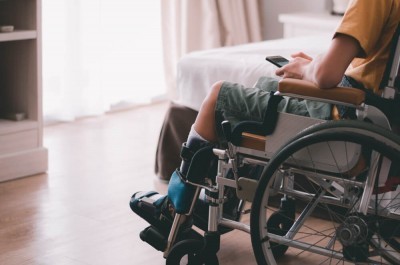The Covid-19 crisis has pushed close to 700,000 people into poverty over the course of 2020, according to a new study.
A thinktank called the Legatum Institute carried out the relevant research, which highlights the extent of the damage being done to the personal finances of families and individuals across the UK.
It is estimated that around 120,000 children are among those to have been plunged into poverty this year, with more than 15 million people in total now believed to be in poverty.
Those figures suggest roughly a quarter (23 per cent) of people across the country are now living in poverty to a lesser or greater extent.
Although the numbers in poverty are known to have increased significantly because of the pandemic, many people were prevented from suffering in the same way because the government introduced a series of emergency coronavirus response programmes.
It is estimated that around 700,000 were prevented from falling into poverty by the government’s various emergency measures, which included increasing Universal Credit payments by £20 per week.
That increase was introduced as a temporary measure and it is currently unclear whether Universal Credit claimants will continue to receive the extra £20 a week from April 2021.
A decision on that issue is expected to be taken in January, with anti-poverty campaigners keen to ensure that the emergency payment rate for benefit recipients is maintained.
Lady Stroud, a Conservative peer, is chief executive of the Legatum Institute and she has joined many other campaigners in calling for the government to stick with Universal Credit payments that are £20 higher than they were prior to the pandemic.
She has also said that the UK needs to have a “comprehensive anti-poverty strategy” at the heart of its Covid-19 recovery response.
“Given the well-documented impacts that the pandemic is having on jobs and earnings for families right across the UK, it comes as no surprise that poverty is rising,” she said in a statement.
“However, our analysis shows that, at a time of crisis, government action can protect many of those who are vulnerable to poverty, but it needs to have the right tools and the right information at its disposal.”
If you live anywhere in Scotland and you are struggling to deal with your personal debts for any reason then Scotland Debt Solutions can help. Contact us directly to arrange a FREE and confidential consultation.






